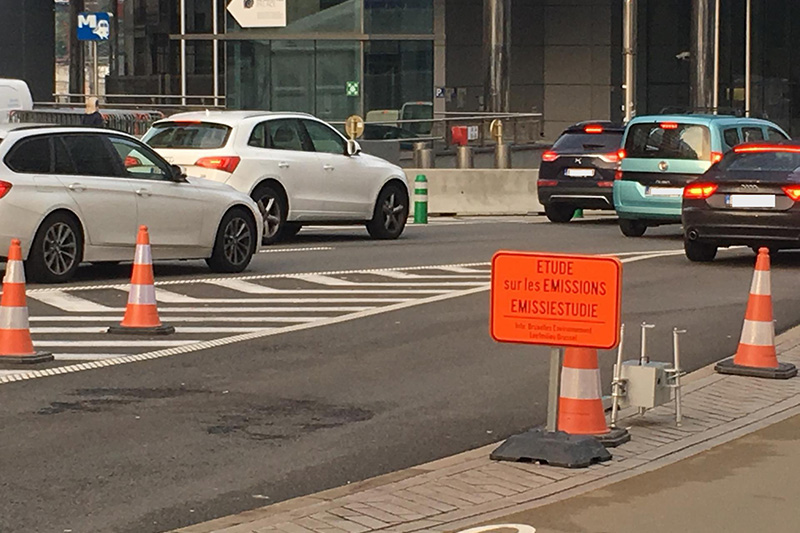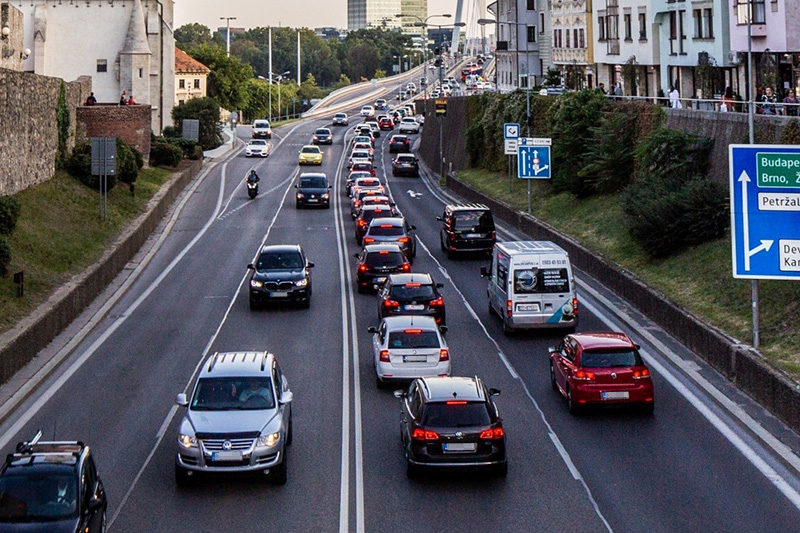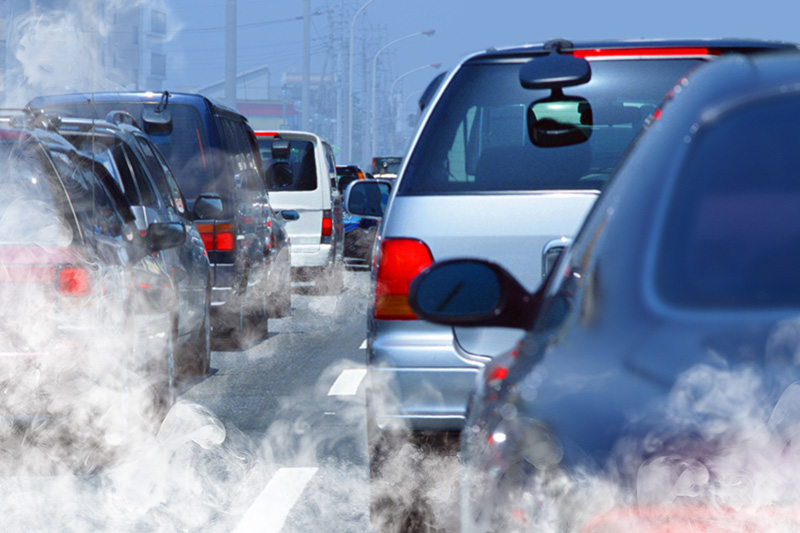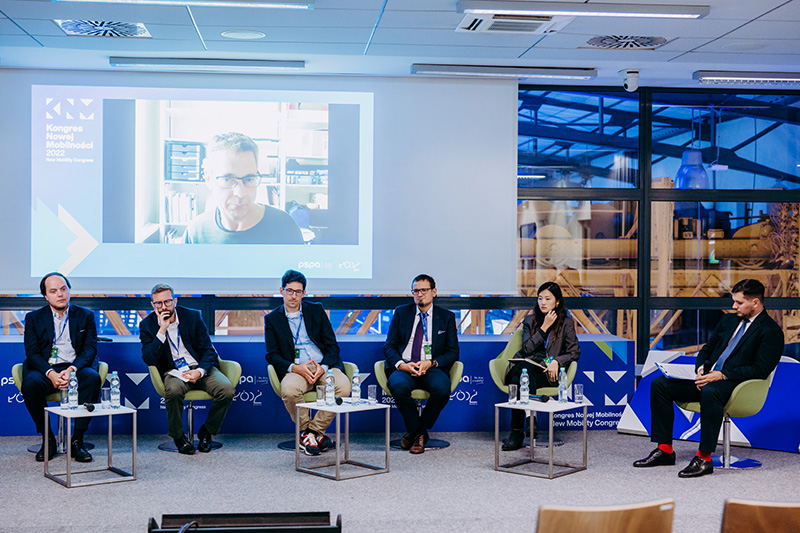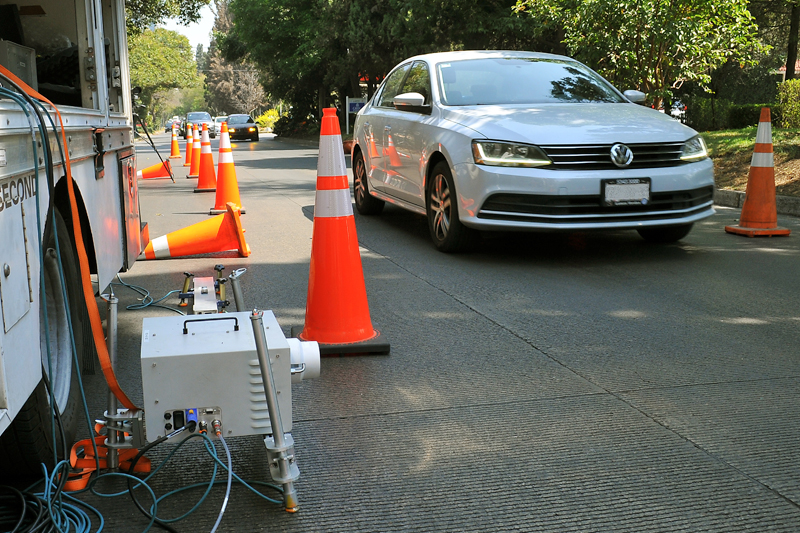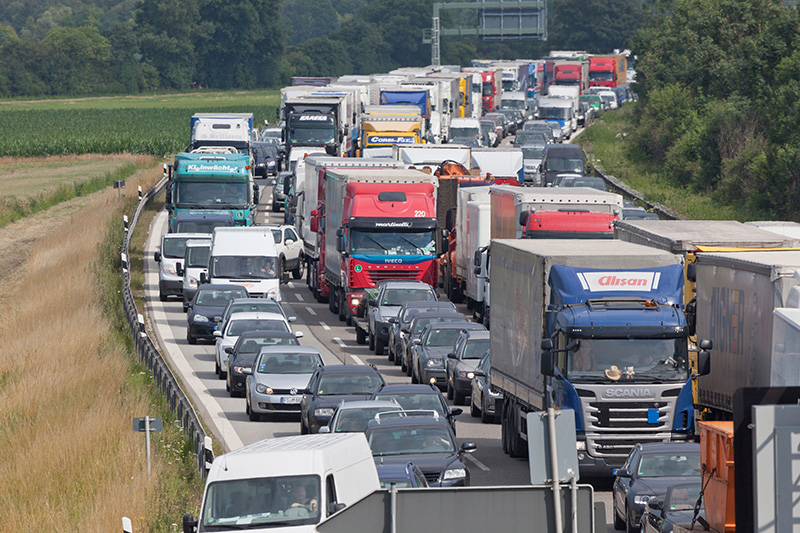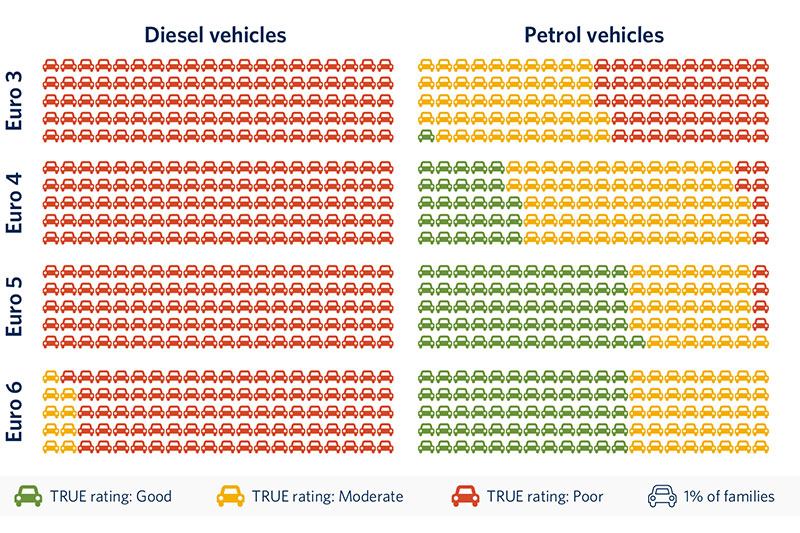Krakow announces Low Emissions Zone in region first, supported by TRUE real world emissions testing
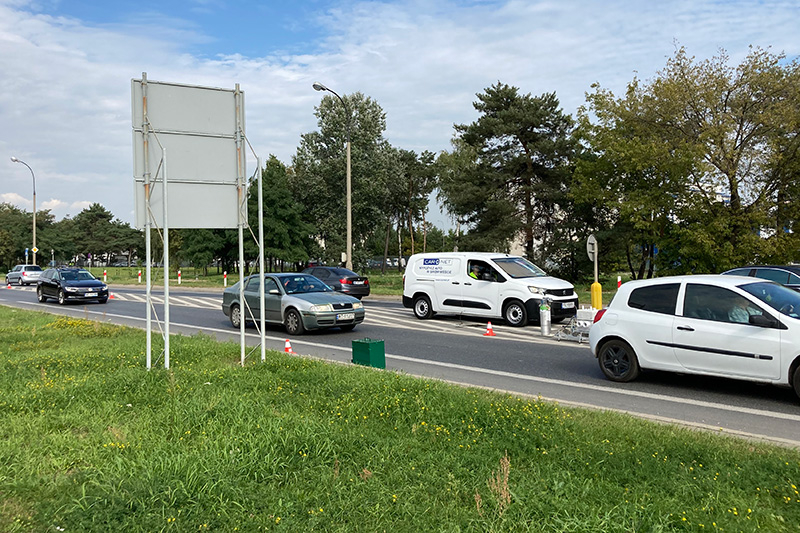


Krakow authorities have voted to introduce a Low Emission Zone (LEZ) to the city, the first of its kind in Poland and Eastern Europe, which was supported by remote sensor data analysed by TRUE partner the ICCT and knowledge sharing through the TRUE City Symposium.
The zone will cover the whole city; from March 2023 all newly registered cars will have to be at least Euro 3 petrol or Euro 5 diesel to be admitted to the zone and by July 2024 all cars will have to be Euro 1 for petrol and Euro 2 for Diesel (regardless of the registration date). The aim of the low introductory level is to educate the public about the LEZ in Krakow and prepare them for later planned regulations. By July 2026 all cars driving in Krakow will be required to meet at least Euro 3 standards for petrol and Euro 5 for Diesel (regardless of the registration date). This step should translate into significant air quality improvement.
Krakow has struggled with poor air quality for some time. The city exceeded the World Health Organization’s air pollution limits by a factor of four in 2019. While the use of coal and wood for heating remains a major source of pollution in Poland, on-road transportation is the second largest contributor and is the largest source of nitrogen oxides (NOx) in the country. Krakow was one of the cities represented at the TRUE city symposium in 2018 which discussed how to tackle toxic emissions in cities. Remote emissions testing data, commissioned by the Krakow Public Transport Authority was analysed by TRUE partner the ICCT provided insights into the city’s fleet and emissions, and, in particular, how vehicle age impacts emissions.
The fleet in Poland is one of the oldest in the European Union (EU), with an average passenger car age of 14 years, compared to the EU average of 11 years. Vehicles measured in Krakow during the campaign were, on average, two years older than vehicles in the TRUE database, as evidenced by the fact that Euro 4, type-approved between 2005-2010, was the most common emissions standard for vehicles in Krakow. Diesel passenger car NOx emissions in Krakow are generally several times higher than their type-approval limit, as shown in figure 1. In addition, although NOx emissions from petrol cars were generally several times lower than their diesel counterparts, older Euro 2 through Euro 4 vehicles exceeded type-approval levels considerably and NOx emissions were higher than measured during previous campaigns.
Anna Dworakowska from Polish Smog Alert says: “Thanks to remote emissions sensing we were able to point to those groups of cars that need to be covered by restrictions and to estimate the share of cars that will not meet low emissions zone requirements. In short, remote emissions sensing gave Krakow authorities all the necessary data to
develop knowledge-based decisions.”
Sheila Watson, FIA Foundation Deputy Director, said: “Clean air is a human right and it is really exciting to see how real world emissions data is being used to make significant changes in Krakow. From the first TRUE city symposium on urban air quality, attended by representatives from Krakow, to the full TRUE analysis, it is clear that robust independent data is essential to shape effective policies for better air quality."

